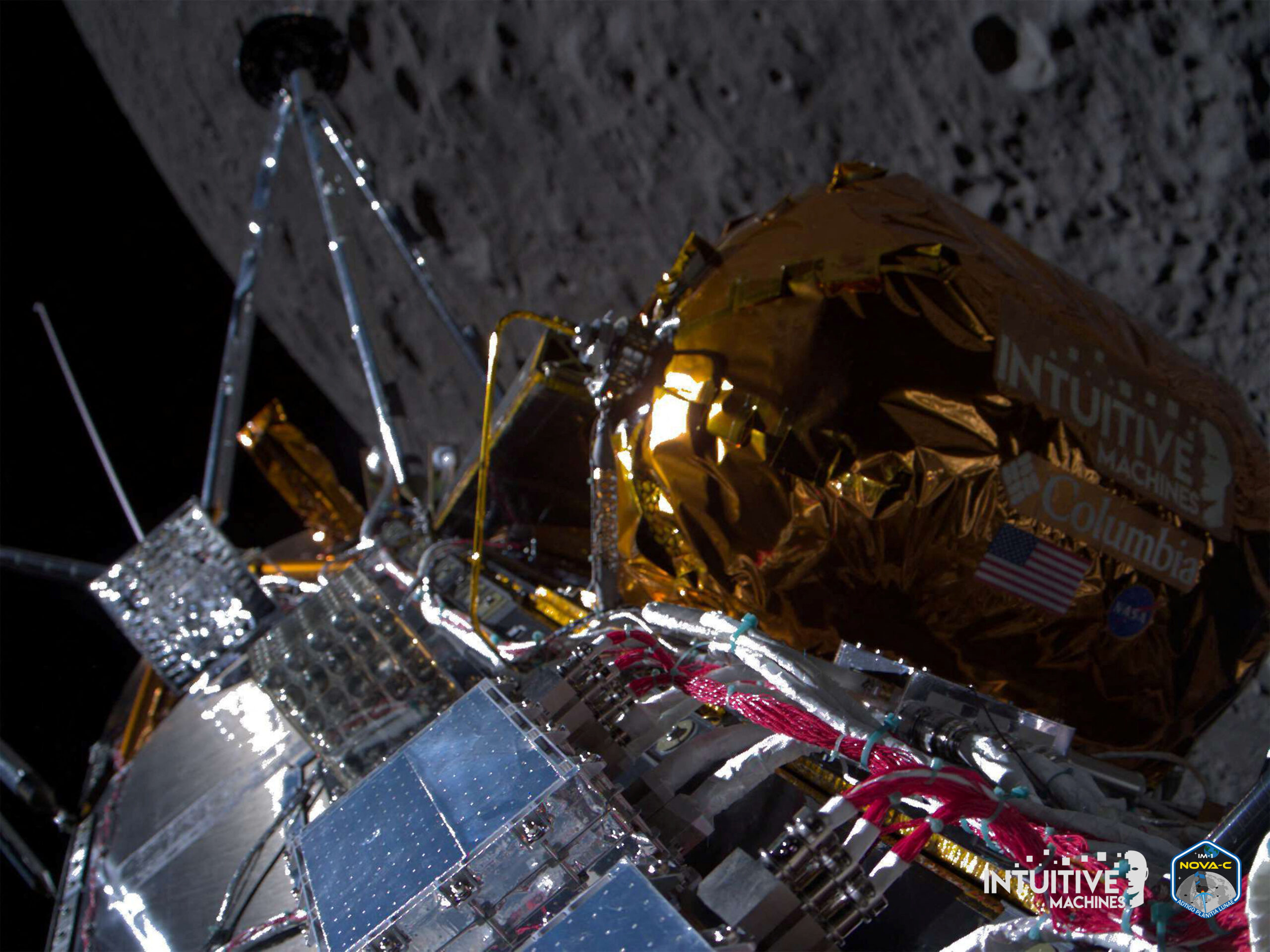The idea of sending Elon Musk to Mars has sparked lively debates that blend modern ambition with age-old philosophical musings. Drawing inspiration from the thoughts of a 17th-century philosopher, we can explore the underlying questions about human connection, ethics, and the potential consequences of such a radical move. As visions of a multi-planetary future surface, it becomes essential to consider not only the feasibility of colonization but also the profound implications of jetting off to the cosmos, leaving behind our ethical responsibilities on Earth.

The debate surrounding whether we should send Elon Musk to Mars sparks intriguing conversations on humanity’s future in space. Drawing on the philosophy of the 17th-century thinker Baruch Spinoza, we can explore the ethical implications of such a proposition. While Musk envisions the colonization of Mars as a pathway to human survival, Spinoza’s insights on our interconnectedness, ethics, and the nature of existence raise fundamental questions about our motives and aspirations in the cosmos.
Table of contents
ToggleExploring Our Connection to Humanity
One of Spinoza’s key teachings emphasized the interconnectedness of all beings. He argued that every action, thought, and idea is part of a larger web of existence. In considering Musk’s ambitions for Mars, we should reflect on how sending him away might affect our collective consciousness. Are we aiming to escape our responsibilities on Earth, or are we genuinely seeking to expand our horizons? While the vision of a multi-planetary species is captivating, Spinoza’s philosophy suggests that our focus should remain rooted in Earthly connections, emphasizing the importance of community and shared values.
The Ethical Dimensions of Space Colonization
Spinoza’s ethics encourage us to question our values and intentions. The notion of colonizing Mars often brings forth ethical dilemmas related to the treatment of potential extraterrestrial life as well as the implications for our own species. Musk’s ambition to create a sustainable colony may stem from noble intentions; however, Spinoza would urge us to ponder the consequences of such actions. Are we prepared to replicate the mistakes of history, such as exploitation and environmental degradation, as we venture into uncharted territories? An ethical approach requires us to critically assess our motives and engage in meaningful dialogue about the repercussions of space colonization.
The Ideal of a Multi-Planetary Species
While Musk envisions a future where humanity thrives across planets, Spinoza’s philosophy reminds us that aspirations must align with ethical considerations. The dream of being a multi-planetary species should not solely reflect technological advancement; it should be about enriching human experience and understanding our place within the universe. The philosopher would argue that our collective journey should focus on fostering harmony among ourselves before leaping into the cosmos. Perhaps a more profound objective lies not in expansion but in enhancing our consciousness and relationships here on Earth.
The Role of Visionaries and Their Impacts
Musk embodies the archetype of a visionary, pushing the boundaries of our imagination and capabilities. However, Spinoza would caution against placing excessive importance on any single individual. Should we consider sending Musk to Mars as a symbolic gesture of humanity’s progress, or would it simply remove a pivotal figure from our global discourse? It leads to an unsettling conclusion that the influence of a single person, for better or worse, should not overshadow our collective responsibility and action.
Rethinking Space Exploration with Ethical Frameworks
In a world where technology accelerates beyond our ethical frameworks, Spinoza’s insights serve as a vital reminder. A serious discourse on space exploration must include diverse perspectives that account for humanity’s ethical obligations. The question of whether to send Musk to Mars prompts us to evaluate our motivations and responsibilities not just as individuals, but as a united species. Rather than a one-way ticket for an individual, perhaps our focus should shift toward fostering a future where the values of balance, respect, and interconnectedness guide us—whether our explorations happen on Earth, Mars, or beyond.
In conclusion, while the idea of sending Elon Musk to Mars captivates our curiosity, it is imperative to apply the profound insights of philosophers like Baruch Spinoza. Understanding our interconnectedness, questioning our ethical motivations, and redefining our aspirations for space colonization can lead to a more thoughtful and inclusive approach as we continue to journey through the cosmos.

There's a potential treasure trove inside each of @NASAPersevere’s sample tubes: Martian air!
— NASA Mars (@NASAMars) June 20, 2024
Scientists could study that air to learn how the Red Planet’s atmosphere and water cycle have changed over time. https://t.co/hHWHoahN9t pic.twitter.com/x6AI0fAtnC














